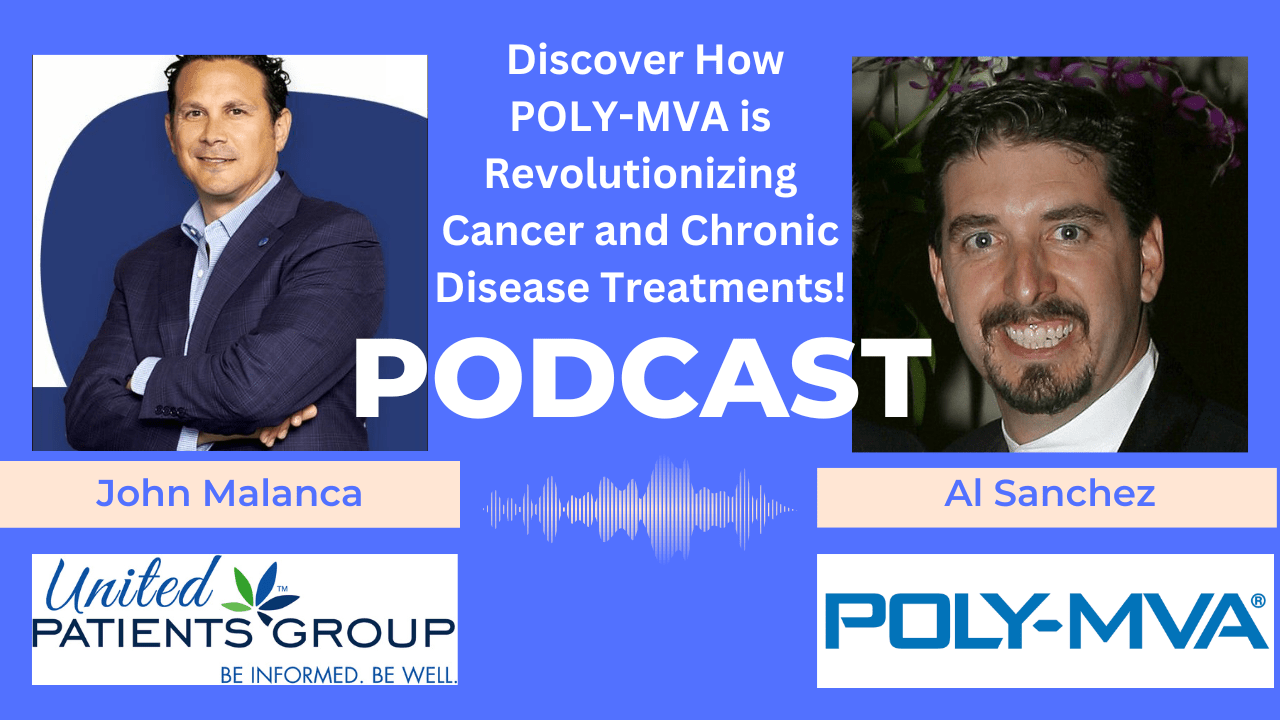 There was a time in the not-too-distant past when using medical cannabis was a very simple process—patients would either smoke a joint or ingest an edible. Neither was conducive to accurate and clean dosing. Today, science and industry have vastly expanded the quality and quantity of choices.
There was a time in the not-too-distant past when using medical cannabis was a very simple process—patients would either smoke a joint or ingest an edible. Neither was conducive to accurate and clean dosing. Today, science and industry have vastly expanded the quality and quantity of choices.
With legalization and broader acceptance of cannabis, more researchers are devoting resources to understanding and improving cannabis medicine. With this increased effort, new technology and options are becoming available to patients. One such option is the transdermal cannabis patch.
A transdermal cannabis patch is similar to other pharmaceutical patches, (such as  fentanyl or hormone patches), that many patients and healthcare providers are familiar with. By ‘carrying’ molecules through the skin, the patch allows for an accurate dose of cannabinoids to be delivered directly to the bloodstream. According to patient’s reports, the effects are felt rapidly, often within 15 – 60 minutes and lasting up to 12 hours. Transdermal delivery allows for higher bioavailability than many other options since it avoids first pass metabolism, which wastes a significant percentage of traditionally ingested cannabis through absorption by the liver.
fentanyl or hormone patches), that many patients and healthcare providers are familiar with. By ‘carrying’ molecules through the skin, the patch allows for an accurate dose of cannabinoids to be delivered directly to the bloodstream. According to patient’s reports, the effects are felt rapidly, often within 15 – 60 minutes and lasting up to 12 hours. Transdermal delivery allows for higher bioavailability than many other options since it avoids first pass metabolism, which wastes a significant percentage of traditionally ingested cannabis through absorption by the liver.
“Mary’s low dose transdermal products can be up to 10x more effective than other infused offerings that are available today. Many patients want an alternative pain relief option that offers the benefits of cannabis, but doesn’t alter their mental capacity or ability to function,” said Nicole Smith, founder and CEO of Mary’s Medicinals. “That is why 80 percent of our products are non-psychoactive. We hear from patients and parents of patients, ranging in age from two to 92, and they all have different needs, but have one thing in common — they don’t want to be ‘high’, they want relief.”
 Smith highlights the story of a young woman attaining relief from absence seizures with less than half of one THCa patch per day. She went from having ninety seizures every day to less than ten with help from non-psychoactive THCa.
Smith highlights the story of a young woman attaining relief from absence seizures with less than half of one THCa patch per day. She went from having ninety seizures every day to less than ten with help from non-psychoactive THCa.
While there has been significant news hype around CBD, one of the more popular cannabinoids derived from Cannabis, THCa is another powerful molecule that many are unfamiliar with. THCa has no psychoactive effects of its own, however, it acts as a cannabinoid receptor antagonist. It not only has anti-proliferative and anti-inflammatory abilities — studies have highlighted its ability to inhibit the growth of cancerous cells — but it also has anti-spasmodic properties that help subdue muscle spasms; this explains the success patients are reporting with its use for controlling seizures. Some patients even report mild energizing effects from its use.
“We manufacture patches with 10 and 20 milligram doses of a variety of cannabinoids,” said Smith. “They contain natural carrier agents comprised of omega fatty acids and terpenes that allow the cannabinoid profile in each product to cross the blood brain barrier. It is the most effective, efficient way for patients to consume cannabis.”
In addition to its award winning patches, Mary’s Medicinals offers a line of cannabinoid-specific transdermal gels, compound and high–bioavailability capsules.
 Learn more about Mary’s Medicinals patches and other complementary products at: http://www.marysmedicinals.com/
Learn more about Mary’s Medicinals patches and other complementary products at: http://www.marysmedicinals.com/






































I have been using CBD anti-inflammatory patches for the past 3 days since I had ACL repair surgery. When my doctor called me to see if I was in any pain, he was astounded to hear that I really haven’t. CBD patches seem to be working miracles on what should be a severly painful recovery. Thank you Mary’s Medicinals!
Best,
Alice Green